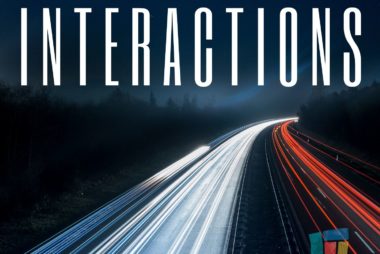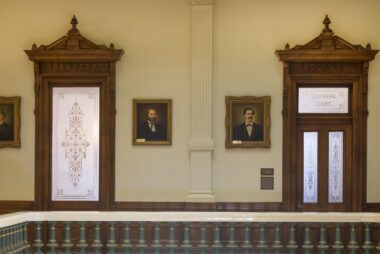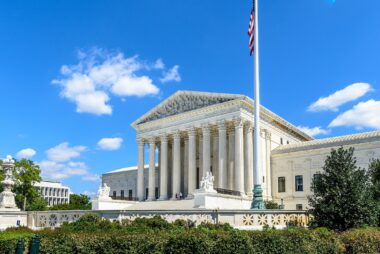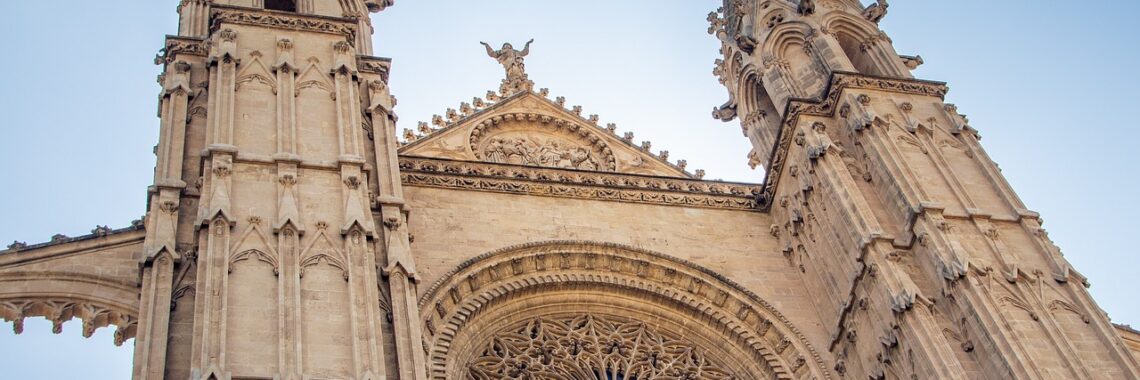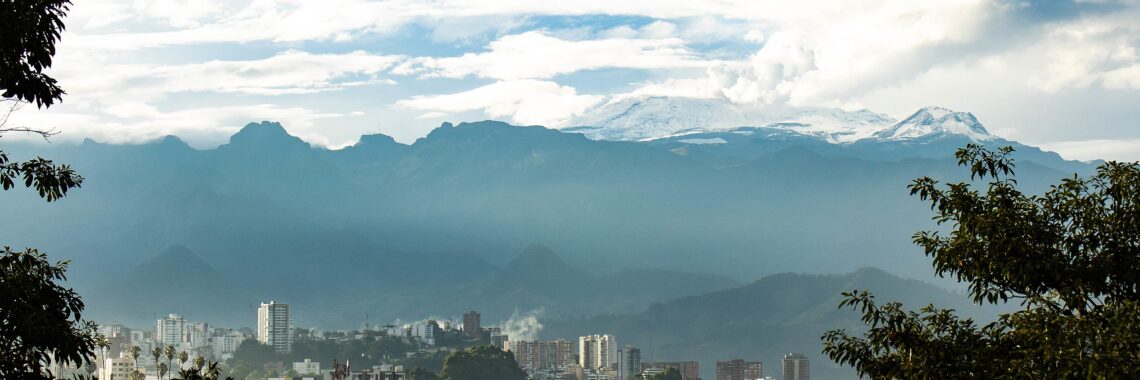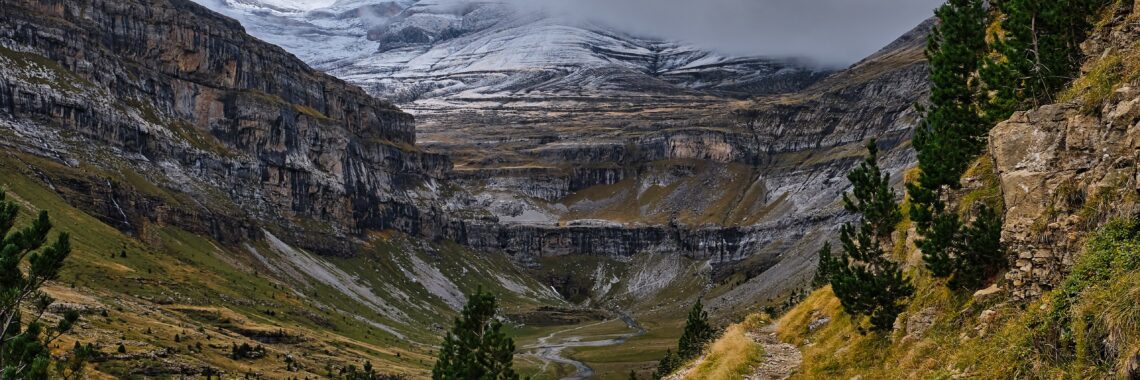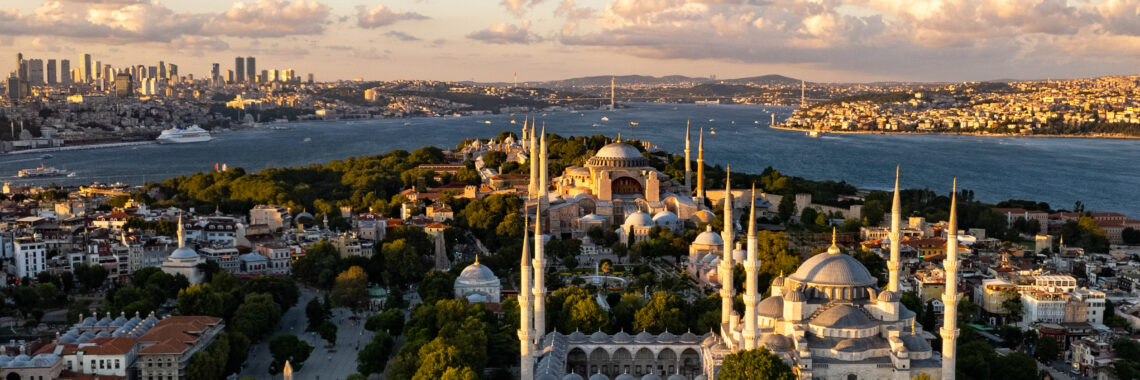“The Push Away From Religion and the Pull Toward Secularity: The Rise of the Nones in the US” by Jesse M. Smith and Ryan T. Cragun
Image by Michael Kastelic from Pixabay. The following essays are reprinted and adapted on Canopy Forum in collaboration with the journal, Australian Journal of Law and Religion, a biannual electronic publication that is free and open access. Read more essays here. You can also read this essay and others in the latest volume of the AJLR (Volume 5)…



